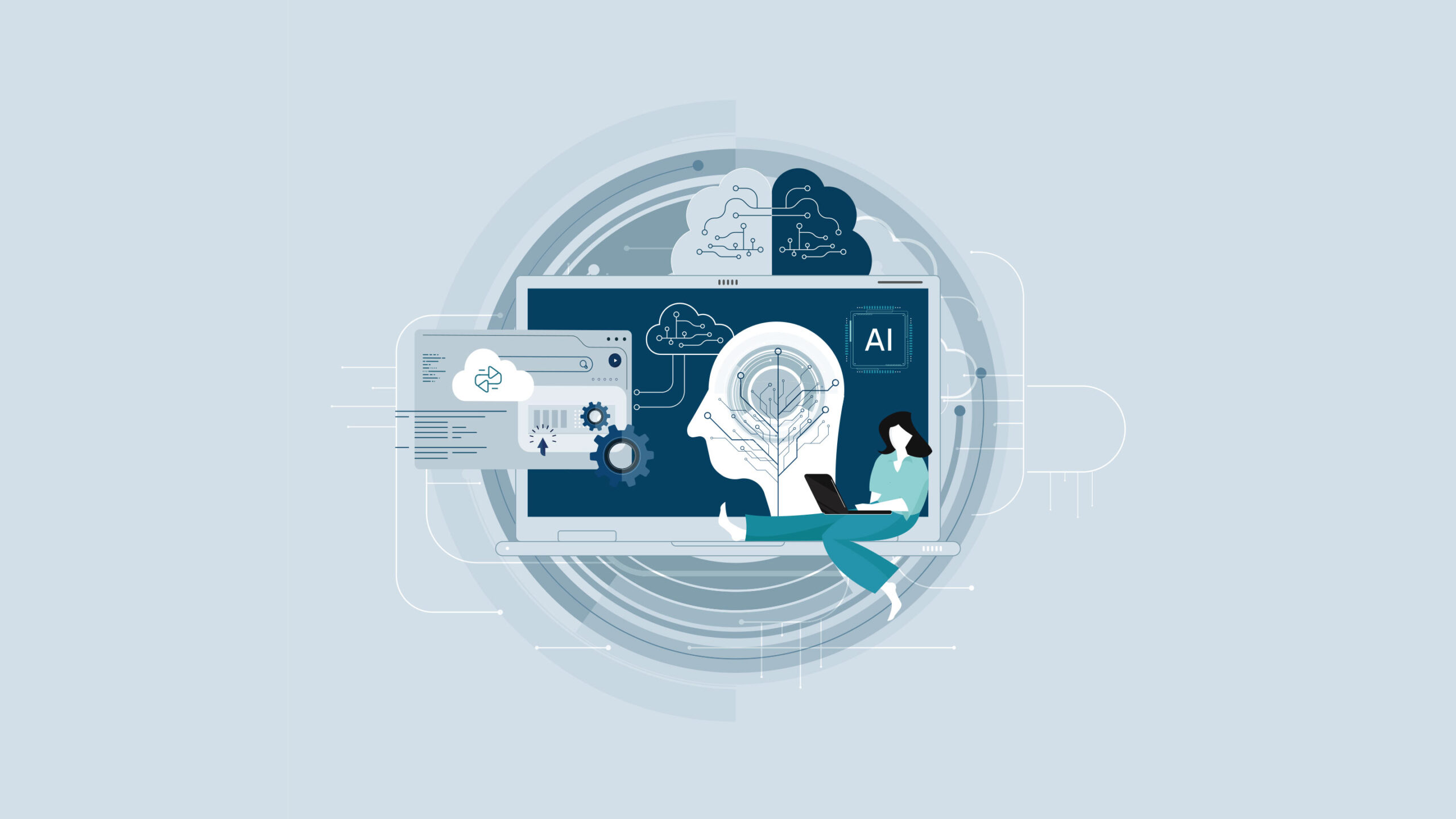During this summer, a team of students from MIT embarked on a journey to the sou …
AI Professional Development for Enhanced Effectiveness
Lila Lightbringer

In recent years, education has undergone numerous changes due to the rapid advancements of emerging technologies like artificial intelligence (AI). These technological developments not only impact educators but also the future workplaces of our students.
To effectively prepare students for this digital world, educators must continuously adapt and evolve. However, there are challenges in incorporating these technologies, such as limited professional learning opportunities, time constraints, and uncertainty regarding the best learning options. Introducing new technology may also feel overwhelming for educators who already have a full plate.
Aside from the essential technology skills required for everyday teaching, educators need to be knowledgeable about emerging technologies, particularly AI, and how to integrate them into their classrooms. Over the past five years, my work has focused on collaborating with teachers to familiarize them with emerging technologies, including AI. Here are some effective approaches to designing AI-related professional learning.
AI Professional Development for Educators
Professional development (PD) aimed at implementing classroom technology goes beyond basic training and encompasses rich and personalized learning experiences. This type of PD engages educators and helps them understand the potential for enhancing learning through educational technology.
Building knowledge in areas like AI and other emerging technologies requires consistent and guided exploration. Educators also need access to various resources to find the ones that meet their specific needs. Without support, teachers may hesitate to venture into these new technologies, especially if they don’t see the relevance to their content area. According to Selin Akgun and Christine Greenhow, teachers’ lack of knowledge can be a barrier to AI implementation, emphasizing the need for professional development for K–12 teachers.
Here are some tips for planning AI-focused PD:
1. Begin with the basics. Engage educators by starting with their understanding of artificial intelligence and gradually provide more information about its concepts, workings, and real-life applications.
2. Allow time for exploration. Provide resources that enable educators to explore AI hands-on. This approach helps them grasp how AI operates in practice and become familiar with its capabilities.
3. Foster collaboration. Set aside time for educators to collaborate and exchange ideas. Collaborative efforts build confidence and support educators in getting started with AI by sharing their findings and generating new ideas.
Resources for Educators
Technology will continue to evolve, with AI driving the tools we use. Various PD options are available to help educators stay updated on AI and other emerging technologies.
Self-paced courses: The International Society for Technology in Education (ISTE) offers an excellent course on teaching AI, providing curriculum guides for different levels and content areas. Organizations like AI4ALL and AI4K12.org offer ready-to-run lessons and resources, while Google AI Education and Microsoft provide dedicated courses for educators.
Online learning communities and opportunities: Numerous online communities focus on AI and emerging tech, allowing educators to participate in Twitter chats, follow relevant hashtags, and join teaching-focused groups on Facebook or LinkedIn.
Professional development events: EdWeb and ISTE offer access to webinars focusing on AI in education. Additionally, some edtech companies hold pop-up sessions to demonstrate how their tools incorporate AI to benefit student learning or aid educators with administrative tasks.
AI conferences: Various conferences have taken place that bring together edtech leaders to discuss AI in education. For example, Holly Clark organized the AI Infused Classroom Summit, featuring speakers addressing AI-related topics. Past conference recordings or upcoming events can be explored.
Blogs, newsletters, podcasts, books: Staying informed through educational technology blogs like Edutopia and following educators who specialize in AI, such as Holly Clark, Monica Burns, Matt Miller at Ditch That Textbook, Carl Hooker, Ken Shelton, and myself, can be helpful. Weekly newsletters like Al Kingsley’s provide a wealth of resources on edtech and emerging technologies. Additionally, AI and technology-focused podcasts offer convenient PD options, like my ThriveinEDU podcast and Noa Daniel’s series on AI and ChatGPT in education.
All these resources are available for free. For those interested in books, I recommend AI and the Future of Education by Priten Shah and Teaching AI by Michelle Zimmerman.
Professional learning on AI and education doesn’t require uniform participation at a specific time or place. The benefit of technology is that it offers personalized learning opportunities that align with educators’ interests and schedules. This is an exciting time, and embracing opportunities for exploration is crucial for our own learning and for the benefit of our students, especially considering the changes driven by AI.


